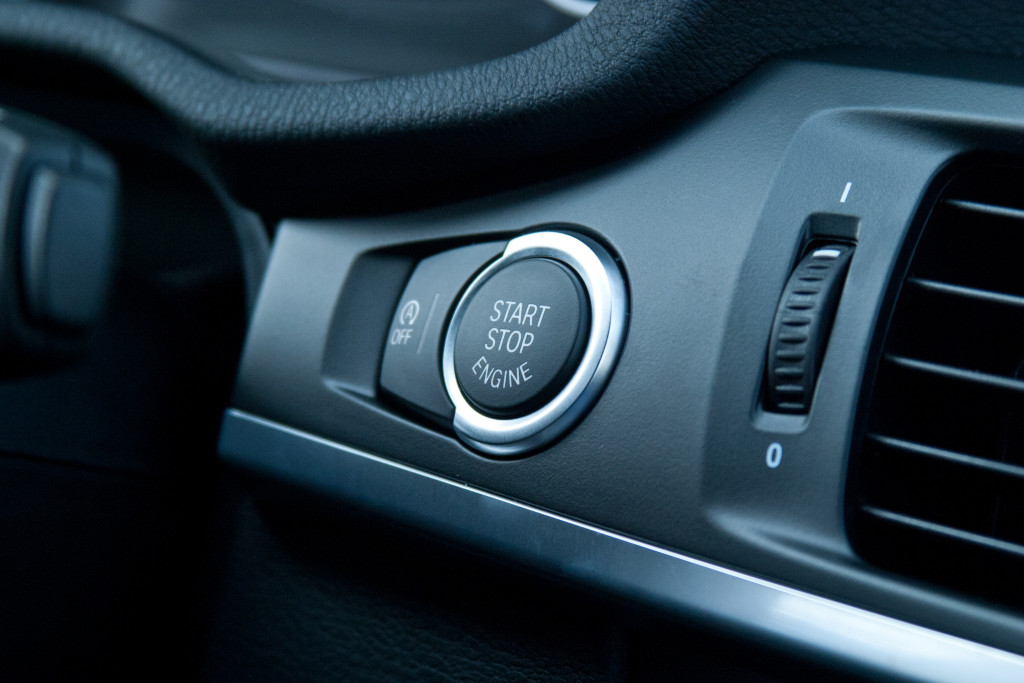Global sales of fully electric vehicles rose from 2017 to 2018, with an additional 9% from 2018 to 2019. Although sales have been down by 25% in the first quarter of 2020, McKinsey estimates this to be mainly due to the overall light vehicle market shrinking rather than indicating that people reject electric cars.
On the other hand, Europe’s market share increased to 26% (by 44%) from 2019 to 2020. Environmental awareness is on the rise across all demographics, contributing to the increase of electric car sales (EVs). The thing is, EVs have also become the face of luxury automotive. It offers an elegant and comfortable experience similar to the services of an airport limo.
Tesla’s use of EVs has had a significant influence on the acceptance of EVs by the general public. In 2018, the US market grew to 360,000 electric vehicles (EVs) after an almost tenfold increase the year before due to high sales of Tesla’s Model 3. This was the first time that an electric vehicle (EV) achieved a better sale-to-total automobile sales ratio than similar internal combustion engine (ICE) vehicles.
Together, this represents a substantial portion of the forecast for the industry’s demand for EVs in 2020. Regardless, this trend’s impact on the luxury vehicle market remains debatable.
Heightened Interest for EVs
Some manufacturers have created electric, hybrid, and other eco-friendly vehicles with intelligent technology, resulting in additional desirability for consumers. People’s expectations for luxury automobiles include integrating new technology, such as personal voice control and wireless charging, and consumers’ preferences for these high-end cars also want eco-friendly vehicles. Be prepared for electric vehicles to have many smart features, putting them firmly in the driver’s seat in the marketplace.
Many people think that luxury and sustainable cars are at odds with one other, despite environmentally beneficial technology. The groups known as HENRY (higher earner, not rich yet) and UHNWI (ultra-high-net-worth individuals) increase. With this, the luxury automobile sector will have to find ways to make its cars more efficient to retain these individuals’ appeal to this emerging demographic.
Even if the global market stalls in 2020, it’s still confident that electric vehicles will be the new normal. More and more luxury brands will concentrate on being green and offering both originality and quality in the future.

Smooth Ride to Success
But when it comes to sustainability, the customer is much more focused on that. Therefore, the car industry seems quite determined to implement self-driving vehicles as their next major trend.
The idea of the self-driving luxury vehicle is in motion. Daimler AG and BMW AG started working jointly in February 2019 to create a self-driving vehicle. Although COVID-19 is skeptical, the manufacturers plan to collaborate on the vehicle and implement autonomous driving technology, which will be available for the market by the end of the decade.
Many sources still mention autonomous vehicles as a growing trend, with Businesswire projecting the number of self-driving cars on the road to reach 10 million by 2020. Progress has been made, with more and more firms using the streets to test their autonomous vehicles.
Autonomous automobiles for performance vehicles like sports cars aren’t as critical for drivers who want to run the vehicle themselves. In contrast, for more ordinary luxury sedan vehicles like Rolls-Royces, having autonomous features for the hired driver or the owner may be quite essential in the future. Time will tell whether autonomous cars will be needed as a luxury item or just a novelty.
The Pandemic Effect
But of course, it would be inexcusable not to discuss the elephant in the room at the time, which is the recent coronavirus outbreak. As far as manufacturers, dealers, and every inch of the luxury vehicle business are concerned, the coronavirus is alive and well until 2020. The current aim is to discover a source of light that the industry experts believe will become conspicuous only in 2021.
A worldwide epidemic prompted an 80% drop in car sales in China in February 2020 compared to February 2019, according to the Wall Street Journal. Meanwhile, Forbes emphasizes the global supply chain’s poor conditions, focusing on vehicle manufacturers that depend significantly on imported components.
Predictions about the long-term future of the automobile industry when it comes to COVID-19 are almost unattainable. Regardless of how the crisis may impact manufacturing, luxury sector players should continue to develop to keep customer interest. They may do so via technological innovations or by latching onto trendy new fads, such as self-driving vehicles.
HENRYs and younger UHNWIs alike are on board with the idea of sustainable mobility, and we might see various well-styled, high-quality, and customized electric, hybrid, and alternative fuel cars as a result. While this issue has impacted many luxury vehicle companies, it will have pushed these firms to first explore e-commerce vehicle sales as a potential channel for online customers.




